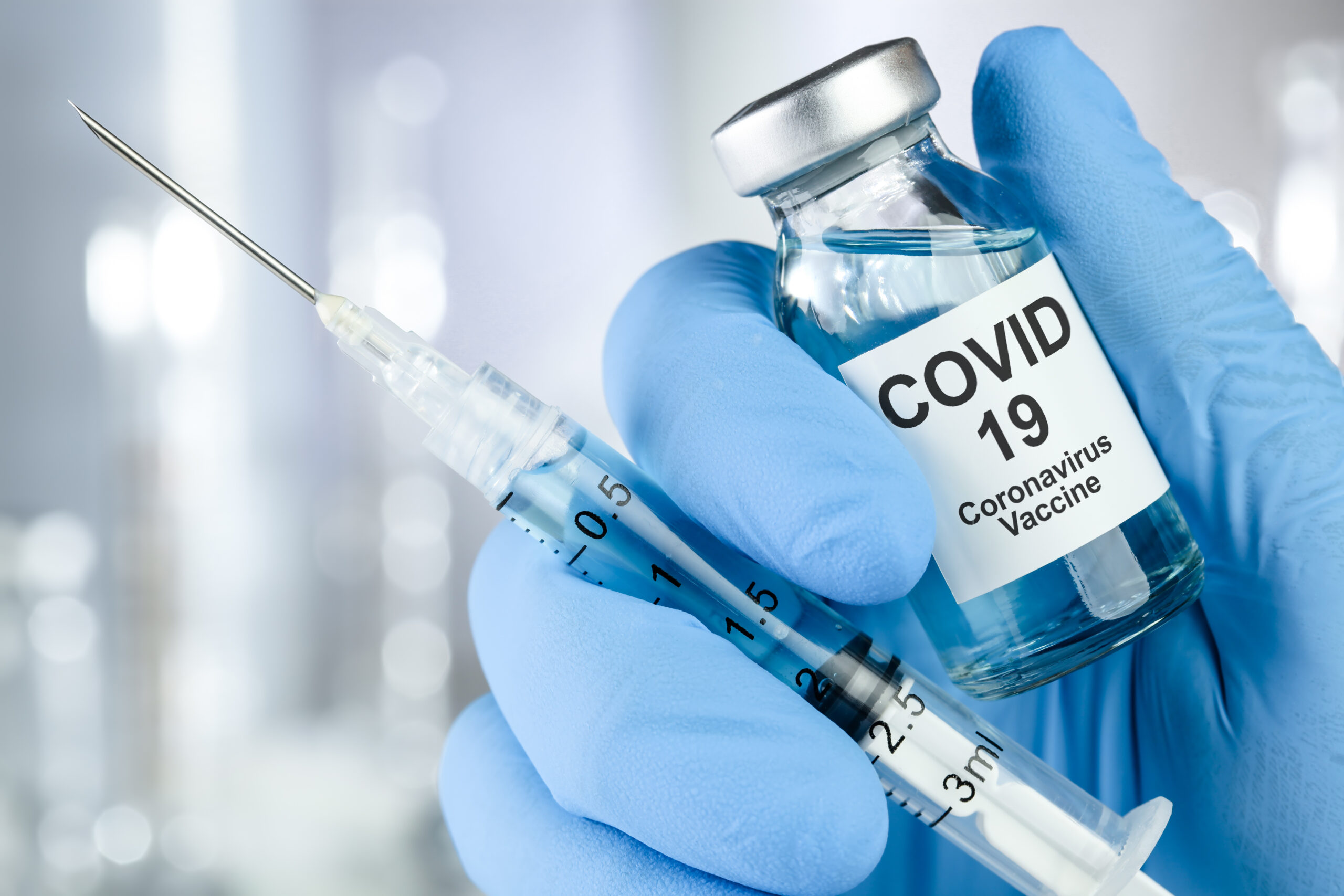COVID-19 vaccine boosters for adult patients with cancer helped to keep these patients from being hospitalized or admitted to intensive care units due to severe COVID-19 infections, according to the results of a retrospective cohort study published in JAMA Oncology.
“Cancer patients are a vulnerable population,” said senior study author Jane Figueiredo, PhD, Director of Community Health and Population Research at Cedars-Sinai Medical Center in Los Angeles, California. “Their immune systems can be weakened by their disease and the treatments they receive, which is why major health organizations recommend that these patients be vaccinated against COVID-19. Our study supports these recommendations. We used real-world data across four major health systems in the United States to show that these booster vaccines reduce the risk of hospitalization and severe illness.”
Study Methods and Key Findings
The investigators reviewed data from patients with cancer who were treated with chemotherapy or immunotherapy between 2022 and 2023 at one of four included health-care systems. Of the 72,831 included patients, 69% received a monovalent COVID-19 booster by January 1, 2022, and 38% of 88,417 patients with cancer received a booster during the bivalent period.
The hospitalization rate due to COVID-19 was 30.5 per 1,000 person-years among patients who received a booster compared with 41.9 for those who received the primary booster alone. The adjusted vaccine effectiveness was calculated as 29.2% (95% confidence interval [CI] = 19.9%–37.3%) and the number of patients needed to vaccinate to prevent one COVID-19 hospitalization was 166 (95% CI = 130–244).
Calculated effectiveness for preventing diagnosed COVID-19 was 8.5% (95% CI = 3.7%–13.0%) and 35.6% (95% CI = 20.0%–48.3%) for preventing COVID-19–related intensive care unit admission.
“The reduction in hospitalizations was significant, and the number of patients we needed to treat to see a benefit to the boosters is quite low,” said Dr. Figueiredo, who is also Program Leader of Cancer Prevention and Control at Cedars-Sinai. “This shows a great benefit to our cancer patients and should encourage patients to discuss vaccination with their health-care providers.”
During the bivalent period, the COVID-19 hospitalization rate among patients who received a booster was 13.4 per 1,000 person-years compared with 21.7 per 1,000 person-years for those who did not receive a booster. The adjusted vaccine effectiveness was calculated as 29.9% (95% CI = 19.4%–39.1%) and the number needed to vaccinate to prevent one COVID-19 hospitalization was 451 (95% CI = 345–697). To prevent COVID-19–related intensive care unit admission, the adjusted vaccine effectiveness was 30.1% (95% CI = 7.7%–47.0%).
The study authors highlighted that uptake of vaccine boosters was low overall for patients with cancer. “Whether this is due to patient concerns about safety or provider uncertainty about whether to administer a vaccine during treatment is not clear,” Dr. Figueiredo said. “What is clear is that we need to advocate strongly for vulnerable groups, including cancer patients, to receive these vaccines.”
“This is the largest study to date of COVID-19 booster effectiveness in cancer patients, a high-risk population of critical importance,” stated Robert Figlin, MD, Interim Director of Cedars-Sinai Cancer. “It adds substantially to our understanding of the effectiveness of COVID-19 vaccines, and we will undertake additional studies as vaccine formulations change and new variants emerge so that we can make recommendations that best protect the health of our patients.”
Disclosure: For full disclosures of the study authors, visit jamanetwork.com.
